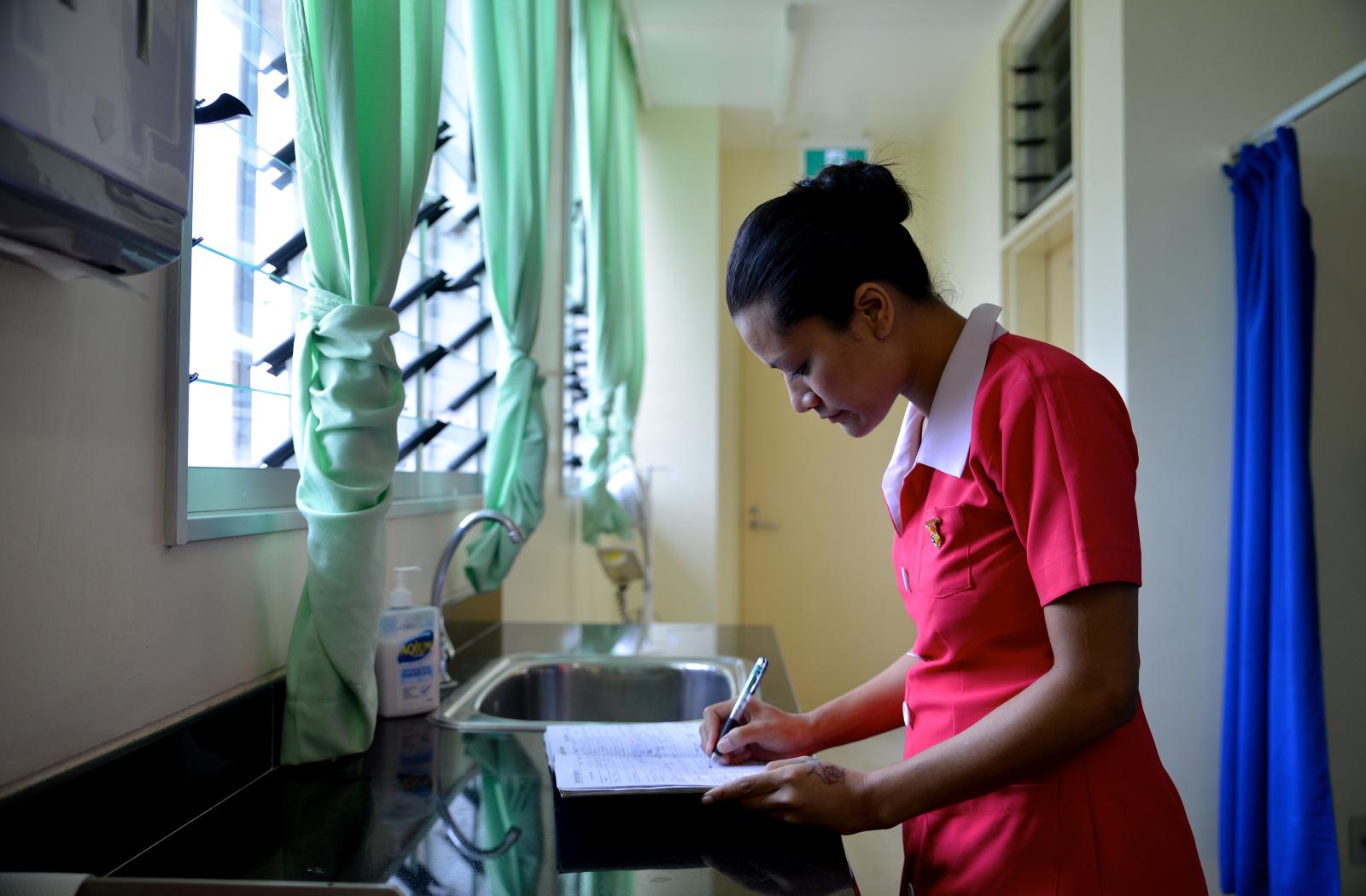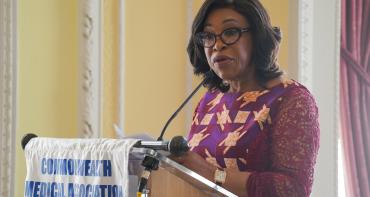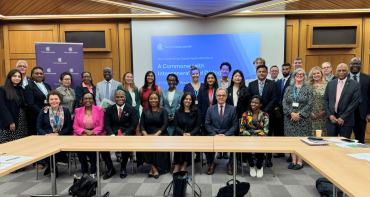As we emerge from the COVID-19 pandemic, access to essential health services must be a priority. On International Day of Action for Women’s Health, we call on governments to urgently address the increasing inequities women face when seeking healthcare

Blog by Dr Janneth Mghamba, Health Advisor, Health Section - Social Policy Development, Economic, Youth and Sustainable Development Directorate, Commonwealth Secretariat
The COVID-19 pandemic has provided a painful reminder of the importance of equitable access to health for all. At its peak, increasing demands on health facilities, services, and healthcare workers left health systems all over the world overstretched and unable to provide even some of the most basic health services. Women’s access to health care was one such issue.
Existing health inequalities were further exacerbated during the pandemic which left many women, particularly in low- and middle-income countries, experiencing delays in screening, diagnosis and treatment services.
Access to healthcare services for cervical cancer has especially emerged as a major concern. Cervical cancer – a disease of inequity – is the fourth most common cancer among women. Access to human papillomavirus (HPV) vaccinations and cervical cancer screening, were severely complicated during the pandemic. A recent World Health Organization (WHO) survey found more than 48 per cent of countries reported at least partial disruption to cancer treatment.
Another study found that global HPV vaccination rates fell from 15 per cent in 2019 to 13 per cent in 2020, amidst health service disruptions and school closures. In the Commonwealth, which represents 30 per cent of the world's population and carries a 36 per cent share of the global cancer incidence burden, these figures are concerning.
The impact of cervical cancer is cross-cutting. It has significant economic implications due to loss of productivity and hence its elimination is not just a health equity and social justice issue, but also an economic one. As we emerge from the pandemic, we must build gender-sensitive recovery plans that will rectify standing inequalities and build a resilient world with women at the centre of recovery.
Working together to address women’s health and wellbeing
The International Day of Action for Women’s Health provides an important opportunity to reflect and spread awareness about women’s health. It also affords us an opportunity to reflect on the several commitments Commonwealth Health Ministers and Heads of Government have made to address inequities in women’s health.
Firstly, we must emphasise the urgency to catalyse our ambitious targets to vaccinate all girls against HPV by 2025. In order to attain this target, our initial step is to ensure we address the inequity of access to medicines, vaccines and other diagnostic tools. Our new Voluntary Information Price Sharing Database, which was launched in 2021, provides an easy-to-access platform for countries to exchange information about their medical supply and procurement and hence improve the access factor.
Secondly, we need to strengthen knowledge exchange and networking, which we have aimed to foster through the creation of a Commonwealth COVID-19 Open-Ended Informal Technical Working Group (CTWG). These multilateral engagements are critical in strengthening international collaboration to further accelerate our efforts in cervical cancer elimination.
As leaders prepare their agenda for the Commonwealth Heads of Government Ministers Meeting (CHOGM) in Rwanda this June, urgent action must be taken to ensure these inequalities are addressed and fast. Vaccines, diagnosis, and treatment must be accessible to all women and girls, no matter where they live.
I hope that, together, we can commit to eliminating cervical cancer and re-imagine a world where all women and girls enjoy good healthcare and flourish. Let us all be accountable to address the gendered impacts of the pandemic in the recovery process and build a thriving and resilient community.
Learn more about our health work
Media contact
- Angela Kolongo Communications Officer, Communications Division, Commonwealth Secretariat
- E-mail | +44 7587 881503



